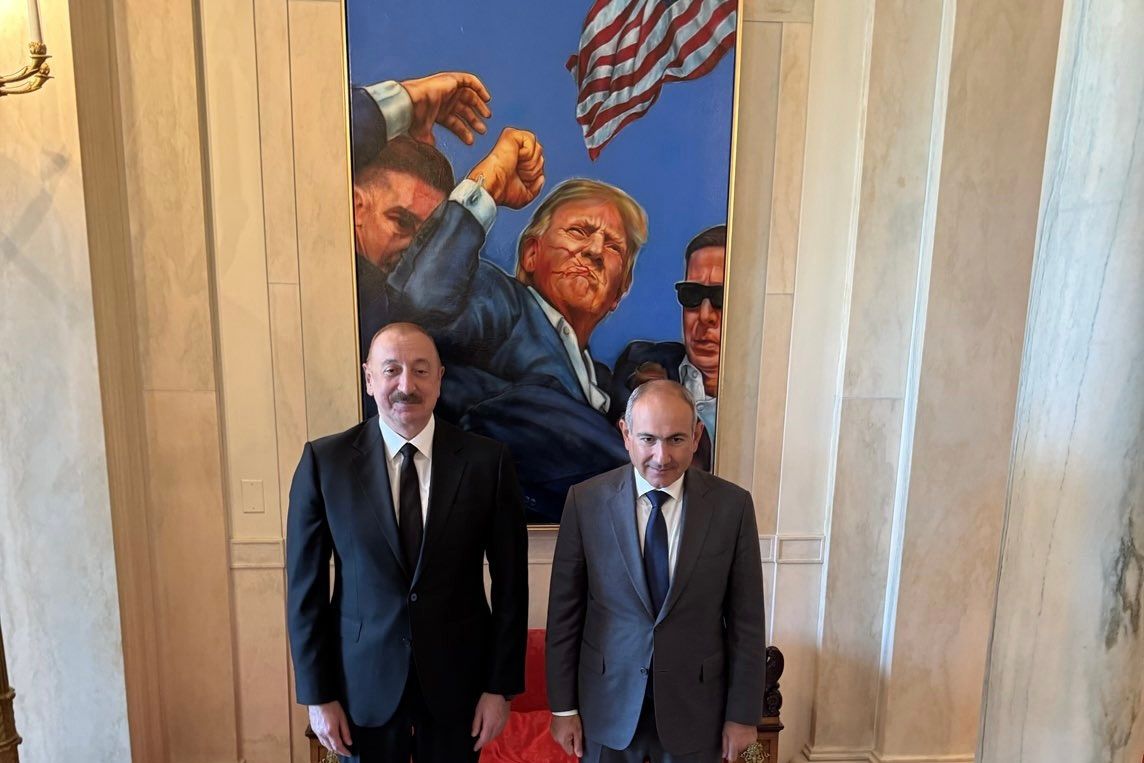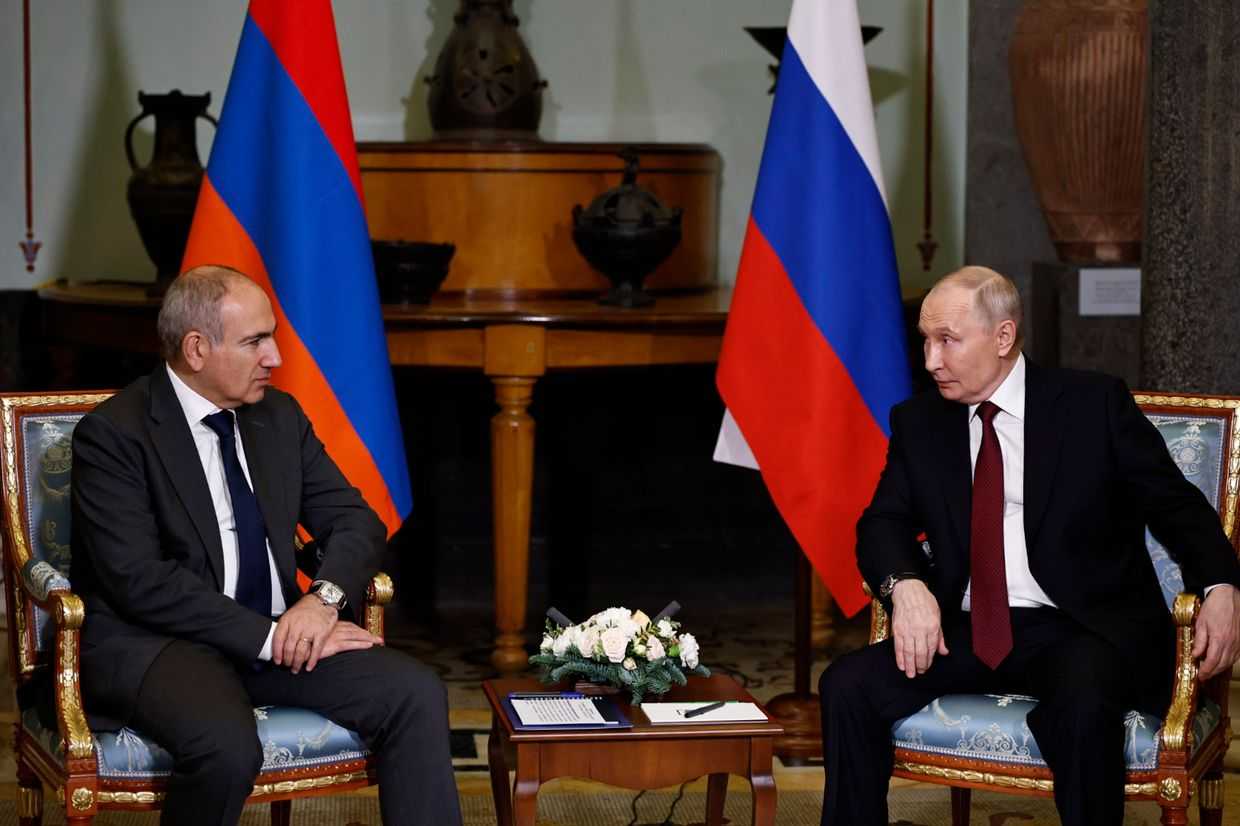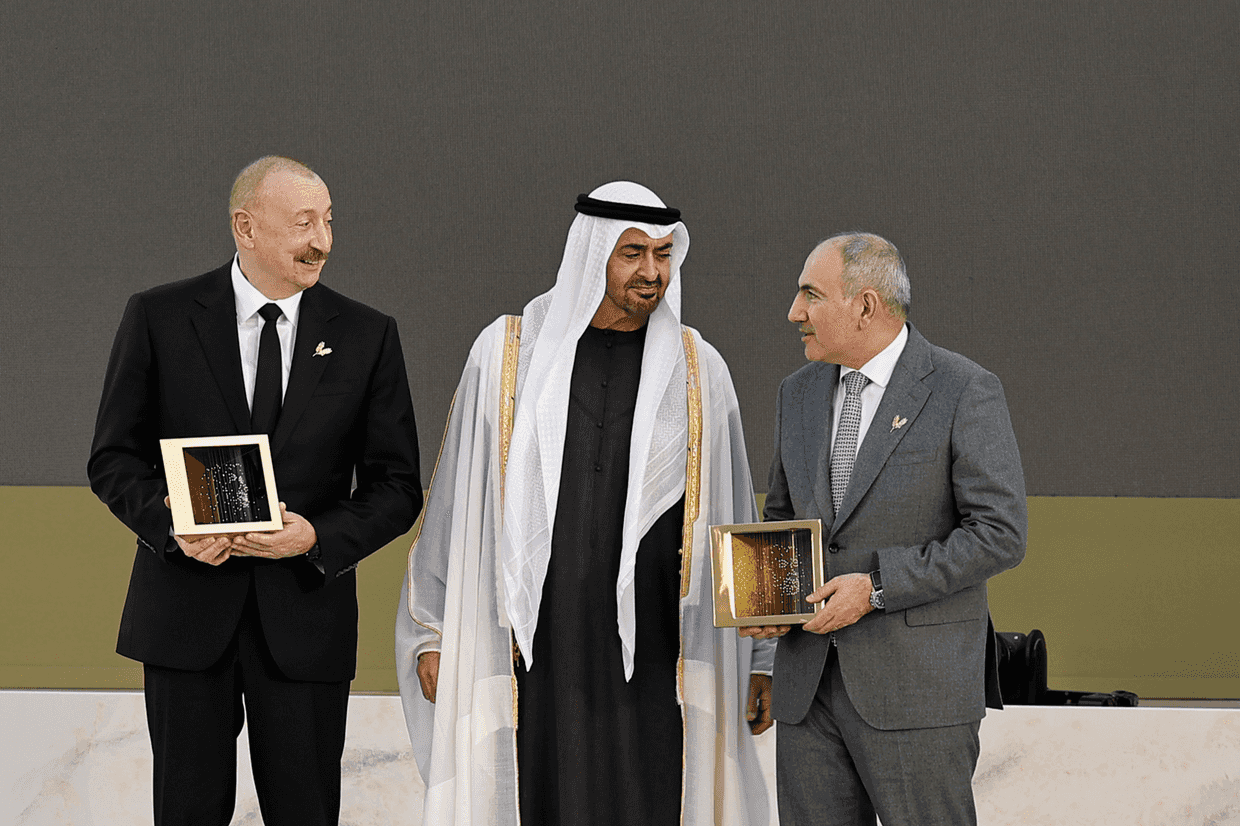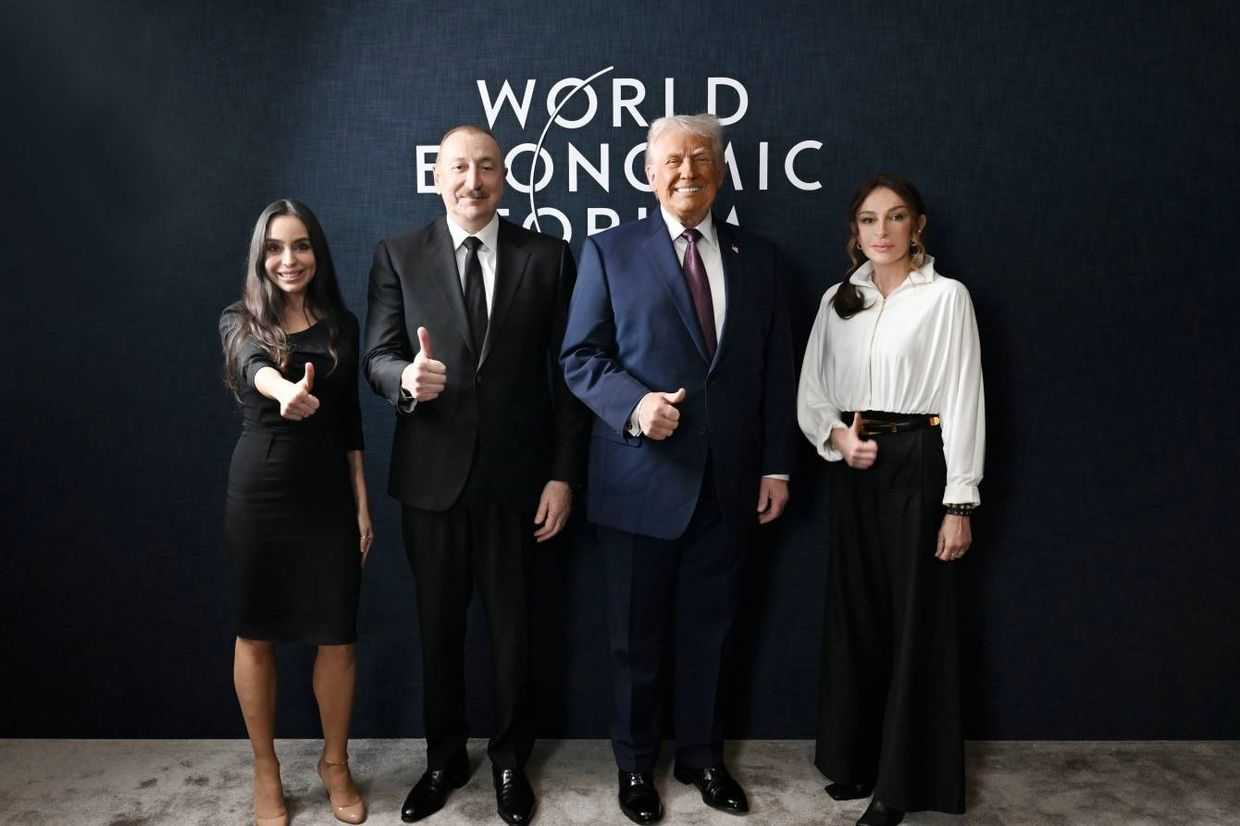
Armenian Prime Minister Nikol Pashinyan has claimed that the proposed ‘Trump Route’, connecting Azerbaijan to its exclave of Nakhchivan through Armenian territory, will bring ‘tangible benefits’ to Russia and Iran. Pashinyan’s comments came as Russia, and to a lesser extent Iran, have said the plan could harm their interests in the region.
In an interview with the conservative television network Fox News that was recorded on 9 August but only released on Wednesday, Pashinyan said the plan would not just economically benefit Armenia, Azerbaijan, and the US, but Turkey, Iran, and Russia as well.
‘In case and when this agreement will be implemented, for example, Iran would have access through [a] railway from [the] Persian Gulf to the Black Sea. And Russia and Iran will have [an] opportunity to have [a] railway connection between [the] two countries’, Pashinyan said.
‘Russia and Iran will have very important, very tangible benefits and [they are] actually unprecedented because [in the] South Caucasus now we have no railway connecting Iran with Russia. So I think it is [a] very important agreement that could bring quite a lot of benefits for all countries, and by the way for the whole international community, for international stability and security as well’.
Although there are still a number of details of the plan that have yet to be clarified, the proposal as it currently stands entails a route managed by a US company, along with the participation of Armenian authorities in a yet-undefined capacity.
The Trump Road for International Peace and Prosperity (TRIPP), also known as the Trump Route, was established as part of a meeting between Pashinyan, Azerbaijani President Ilham Aliyev, and US President Donald Trump in Washington earlier in August. While the meeting was primarily focused on a peace agreement between Armenia and Azerbaijan, the Trump Route was perhaps the most tangible outcome, as the peace deal remains only initialled, not officially signed.
Russia and Iran were both left out of the negotiations and effectively frozen out of the planned route, in contrast to past iterations of a potential road that had been discussed before.
Shortly after the Trump Route was announced, Russian Foreign Ministry spokesperson Maria Zakharova said that it ‘merits a positive assessment’ and that Russia hoped ‘this step will advance a peaceful agenda’.
However, she also issued some slightly veiled criticism of US involvement, saying that ‘until recently, Baku and Yerevan have maintained that they prefer direct dialogue without third-party mediation’.
According to Zakharova, ‘the most suitable option to resolve the problems in the South Caucasus is to search for and implement solutions developed by the region’s countries themselves’, with support from their neighbours — namely Russia, Iran, and Turkey.
She also said that the trilateral agreements between Armenia, Azerbaijan, and Russia ‘remain valid, as neither party has formally withdrawn from them’.
Russian Foreign Ministry official Aleksei Fadeev expanded on the issue on Wednesday, saying that they ‘will study the details of the project, which, by the way, haven’t been disclosed yet’.
‘Like we’ve said earlier, the engagement of extra-regional forces in the South Caucasus ought to advance the peace agenda and not create new issues and dividing lines’, Fadeev added.












